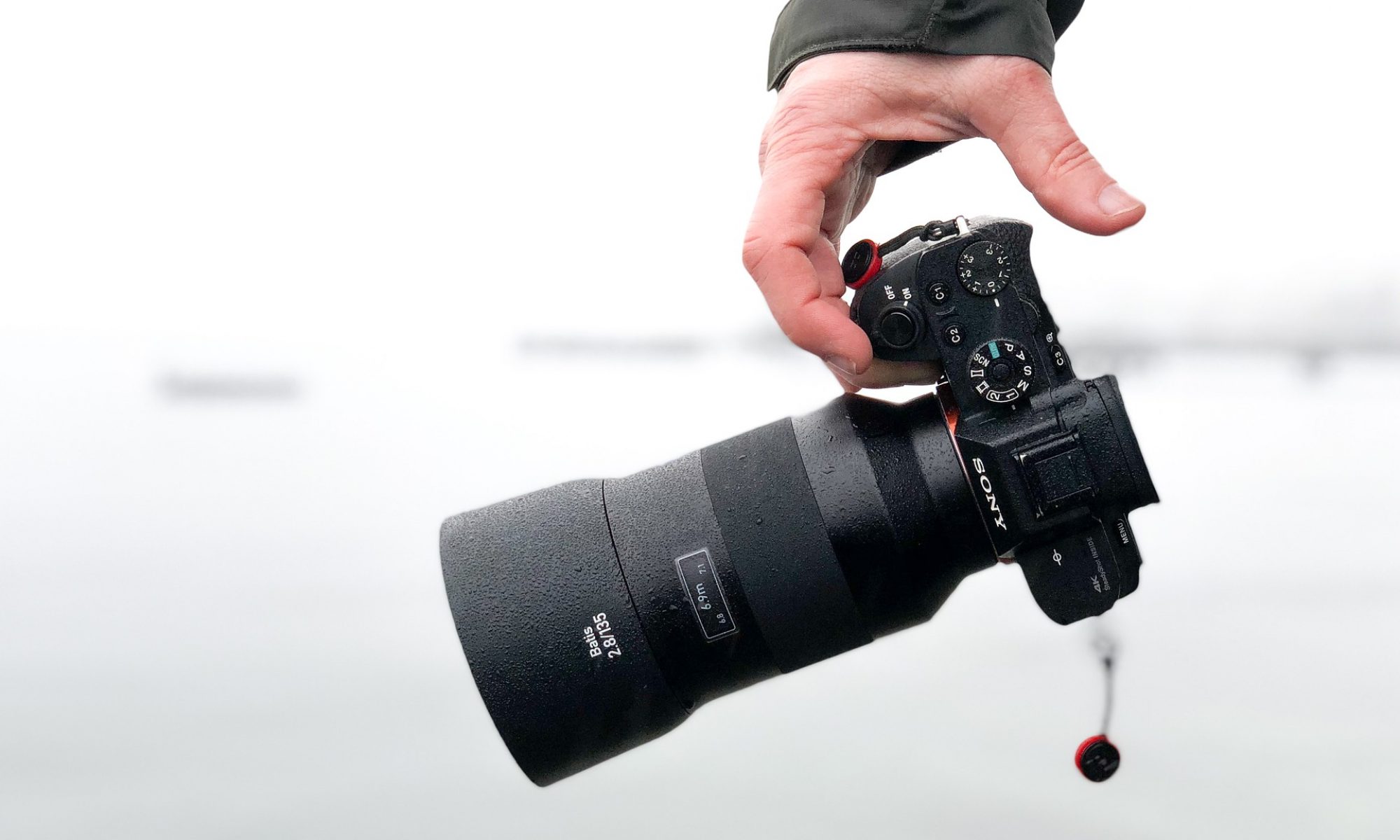Panama immigration – Panama is a popular destination for those looking to relocate and enjoy its tropical climate, safety, and economy. Through various programs, foreigners can obtain Panama residency visas, permanent residency, and in some cases citizenship and passports. These programs are geared towards promoting foreign investment in Panama which benefits the environment and local economy.
The Mundekes, a Haitian father and his daughter, are among the thousands who travel to Panama each year seeking asylum or a better life. They sat at a makeshift table under a blue tarp outside the SENAFRONT building in Necocli, a town that has become one of the main entry points into Panama from the Darien Gap, which straddles the border between Panama and Colombia.
Since the beginning of the COVID-19 pandemic, the number of migrants passing through the Darien Gap has steadily increased, and migrant groups are increasingly making their way to Panama. Those who do, like the Mundekes, typically enter through Bajo Chiquito in eastern Panama, where they find international humanitarian organizations that can help them with food, shelter, and medical care.
But the increase in numbers of migrant families has also overwhelmed the infrastructure of the small town. As of late, the local government has been unable to handle the flood of new arrivals, and residents are suffering from a lack of water and food. According to a mayor interviewed by CNN, the population of the town has nearly doubled in a few weeks.
Panama has some of the most liberal immigration laws in Latin America. Individuals who have strong economic and family ties to the country can gain residency through the Friendly Nations visa program, which was established in 2012 with Presidential Decree 343 and now covers 22 countries. Through this program, foreigners can fast-track permanent residency and eventually citizenship after five years of residence.
If you are considering moving to Panama, speak with a qualified Panama immigration lawyer to learn more about the process. There are certain professions that the government considers restricted, such as doctors and lawyers, but a Panama immigration expert can help you determine whether your career is acceptable.
Panama is renowned for its handicrafts, with the indigenous Wounaan and Embera communities famous for their woven baskets and carvings of jungle wildlife made from a tropical hardwood called cocobolo. The Kuna tribe is also well known for its brightly colored blouses, which are patchwork of textile pieces that depict animals and nature scenes.
Visitors from 118 countries can enter Panama visa-free for up to 180 days. This includes citizens of the United States, Canada, and Europe. However, if you are looking to work in Panama, you will need to obtain a visa and a work permit. This is not easy, as companies are required to pay a 10% tax on the salaries of foreign workers. For this reason, most expats working in Panama find employment with international companies, rather than local ones. Those who wish to set up a company in Panama must also acquire a work permit, and this can be difficult as well.
